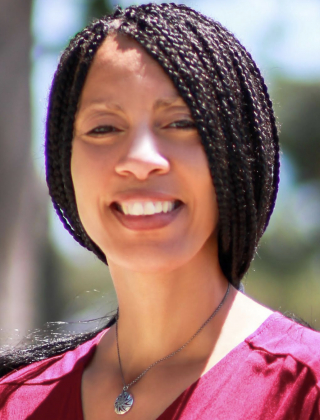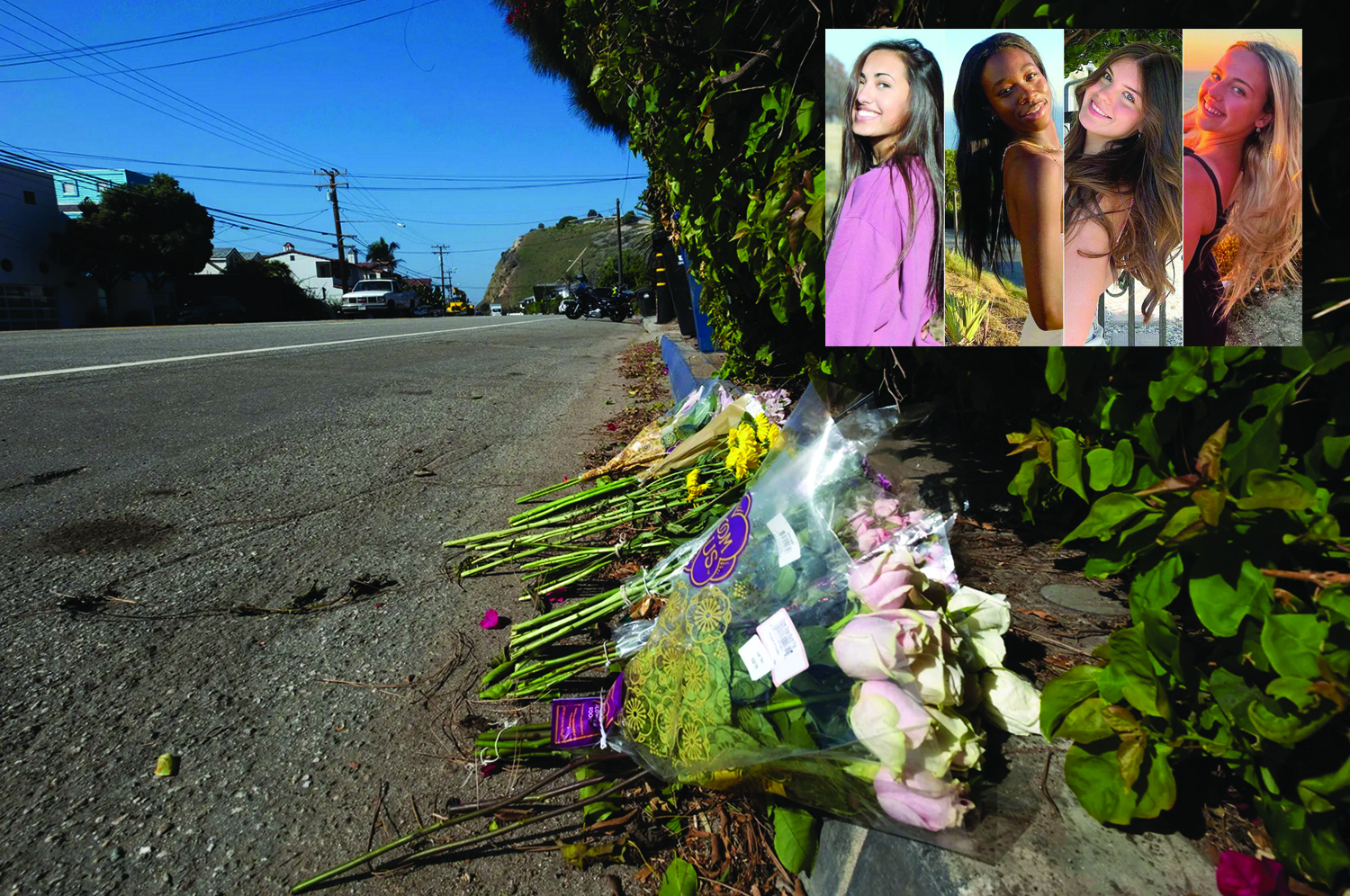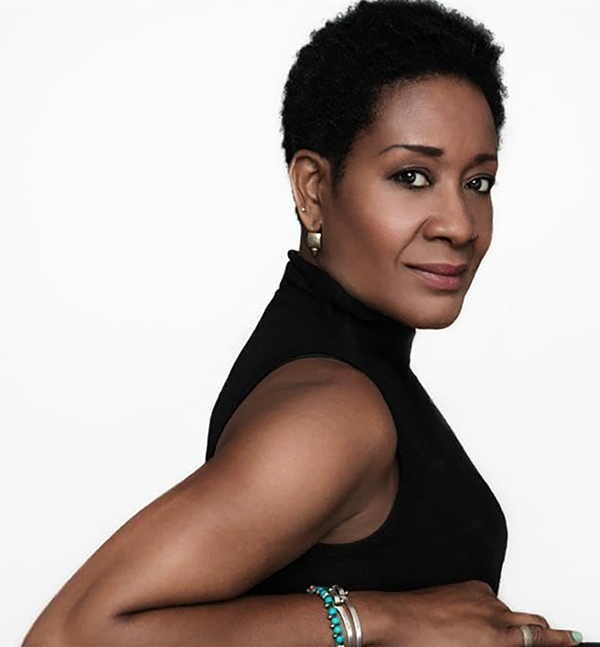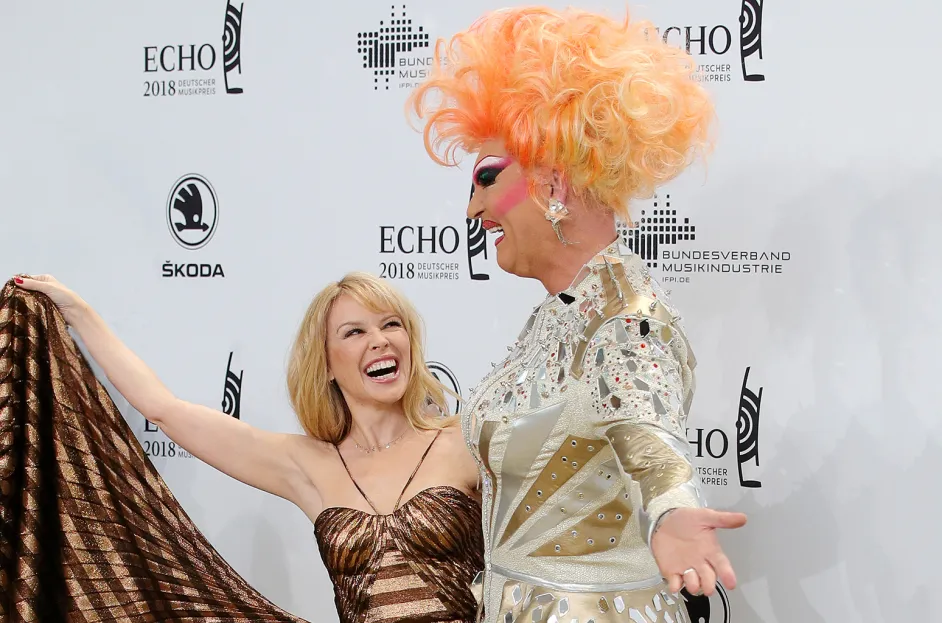By Shirley Hawkins
Contributing writer
CULVER CITY — Writer, producer and director Sikivu Hutchinson has written a compelling play titled “White Nights Black Paradise” that will be presented at the Blue Door Theatre in Culver City Nov. 17-19.
The play centers around the People’s Temple Agricultural Project, better known as the Jonestown Church, a multicultural temple that attracted a huge following of working-class congregants in the 1970s seeking a better life.
The church was founded by the Rev. Jim Jones, a charismatic leader from San Francisco who prophesied that he would create an alternative society free from racism, sexism and classicism.
In her play, Hutchinson depicts the hundreds of African-American followers who joined Jones when he moved his church to a jungle compound in Guyana, specifically a substantial number of African-American women who served as the backbone of the church.
“I wanted to underscore that Black women were involved because they wanted to leave the racial injustice, sexism and economic disparities that they were experiencing in California,” Hutchinson said. “They felt that Jonestown was going to be a utopia — a promised land.”
Seeking an escape from racism, discrimination and oppression, the People’s Temple’s African American population continued to flourish.
To support the church, prospective members turned over all of their income and property to Jones and the Peoples Temple, including pensions, Social Security checks and deeds to homes.
Hutchinson said that approximately $64,000 a month helped to financially support Jonestown. most of it from Black women’s Social Security checks.
“African Americans made up approximately 70% of Jonestown’s population and 45% of Jonestown residents were Black women,” Hutchinson said. “The Black women were doing all of this social justice work but the leadership was predominately white. There was a lot of sexual and physical abuse in the church if members didn’t follow the dictates of the leadership.”
Temple members lived in small communal houses and ate meals that reportedly consisted most days of rice, beans, greens and occasionally meat, sauce and eggs.
Armed guards patrolled the area day and night to enforce Jonestown’s rules.
Members who tried to escape were forcefully given drugs in the Temple’s “extended care unit.”
The temple also practiced subjecting its followers to sophisticated mind control and behavior modification techniques that Jones learned from studying Korean dictators.
“If members felt that dissidents were conspiring against the church, the members and even family would turn on each other and tell on the so-called dissidents,” Hutchinson said. “The dissidents would be interrogated in front of the whole church and then beaten. There was a paddle (present) where they were beating people right there in the church.”
Hutchinson became fascinated by the predominantly Black congregation that comprised the majority of the People’s Temple and wrote a novel by the same name in 2015.
“A lot of people were surprised to discover that Black women made up a large population of the church and were so involved in Jonestown.” she said.
As negative media attention began to emerge about the church and its cult-like, controlling ways, Jones began suffering from various health problems and began indulging in drug usage that included ingesting Valium, Quaaludes, stimulants and barbiturates. He did not permit members to leave Jonestown without his express permission.
He became progressively more controlling of his followers in the Peoples Temple, which at its peak reached more than 3,000 members.
To support the compound, members worked in the fields and grew crops. They oversaw day care classes, cooked and cleaned, did maintenance and tilled the soil.
“Some survivors characterized it (as being) like a plantation,” Hutchinson said.
By 1978, reports surfaced of human rights abuses and people being held against their will.
U.S. Rep. Leo Ryan, who had been contacted by concerned members of the temple, led a delegation to investigate the negative reports. When boarding a return flight with temple members who wanted to escape the compound, Ryan and four members of his delegation were ruthlessly gunned down and killed by Jonestown members.
On Nov. 18, 1978, aware that increasing media attention was focusing on his leadership of the temple, Jones ordered a mass murder-suicide that claimed the lives of more than 900 commune members, 304 of whom were children. Almost all of the members died by drinking cyanide poison mixed with fruit punch.
The majority of the Jonestown massacre victims were African-American women and children. The Jonestown massacre is considered the largest murder-suicides in American history.
“White Nights Black Paradise” features actors Ayonna Barnett, Dee Freeman, Carter Graves, Patti Henley, Michaela Ivey, Stephanie Jackson, Phillip McNair, Darrell Philip, Allison Regen, Ninah Snipes, Unguzi, Leah Van King and Bob Rumnock.
The play will be staged at 8 p.m. Nov. 17 and 18 and 3 p.m. Nov. 19. The Blue Door Theater is located at 9617 Venice Blvd. in Culver City. To purchase tickets, access the eventbrite website or call 323-304-9578.
Shirley Hawkins is a freelance reporter for Wave Newspapers. She can be reached at metropressnews.com.












